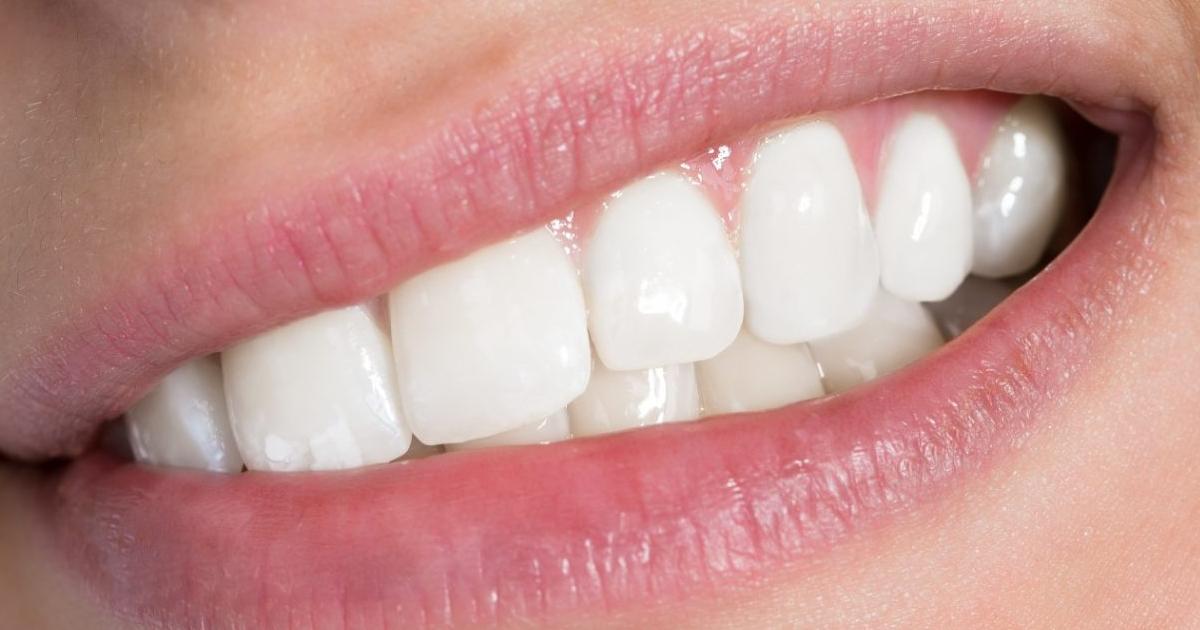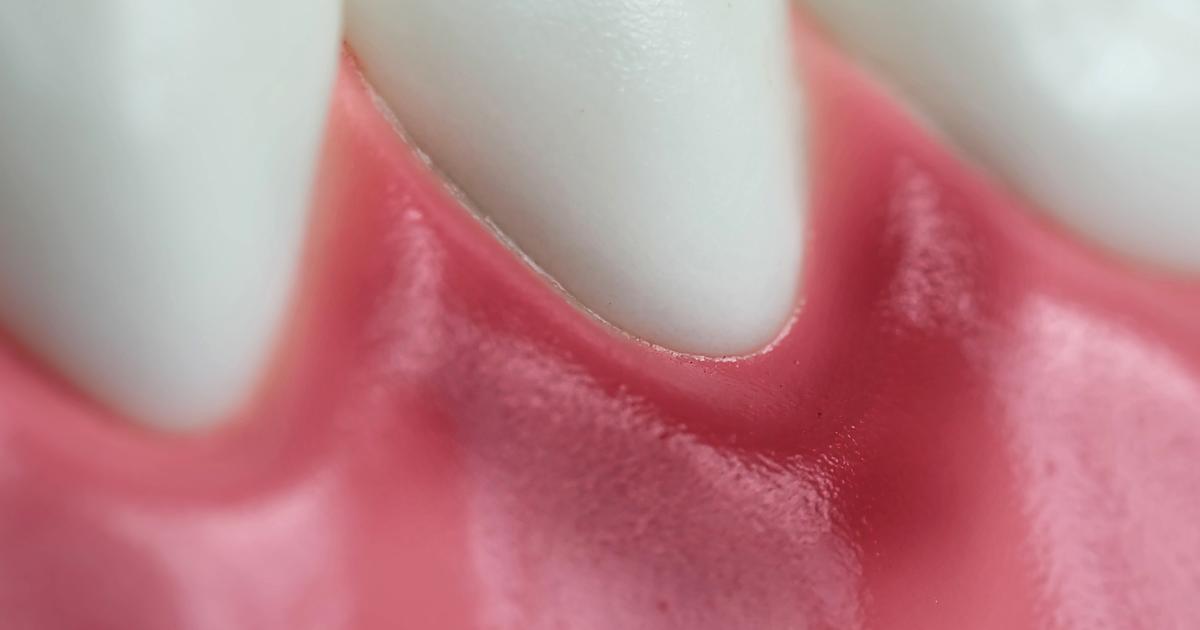Warning Signs Of Gum Disease
Changes In Bite

When individuals are dealing with gum disease, they might experience changes in their bite as the disease becomes more advanced. Shifts to one's bite can be a sign of several different dental issues, gum disease being just one of them. Patients will notice a change in their bite if their top and bottom teeth aren't aligning properly like they used to, or that it's harder to close their molars together as they bite down. Bite changes sometimes occur due to a wearing down of the teeth. If individuals grind their teeth, clench their jaw, or chew on their tongue, their teeth are more likely to wear down faster. Wearing down the enamel can cause tooth decay and gum disease to progress more rapidly. When the changes aren't related to the teeth themselves, they may be caused by a problem with the hinges of the individual's jaw. Patients might also experience bite changes if their wisdom teeth push their other teeth around, and this shifting can lead to the onset of gum disease.
Pus Coming From The Gums

If individuals notice pus coming from their gums, they should see a dentist right away. Pus in the gums is a sign of a serious bacterial infection called a dental abscess. This typically happens in cases of gum disease where bacteria has gotten into the cavities and pockets of the gums and teeth. Oftentimes, the bacterial infection will accumulate inside the soft tooth pulp. Bacteria can be traced back to plaque. If the plaque isn't regularly cleared from the gum line and the teeth, it can destroy the gum tissue and get underneath the teeth into places a toothbrush won't reach. Three kinds of dental abscesses exist: periapical, periodontal, and gingival. The infection site will often be painful, and patients might have a fever and a bad taste in their mouth. Some abscesses must be treated with a root canal surgery. When dealing with pain from a dental abscess, the best thing individuals can do is avoid cold foods and drinks. It also helps to use an extra soft toothbrush to avoid aggravating the site.
